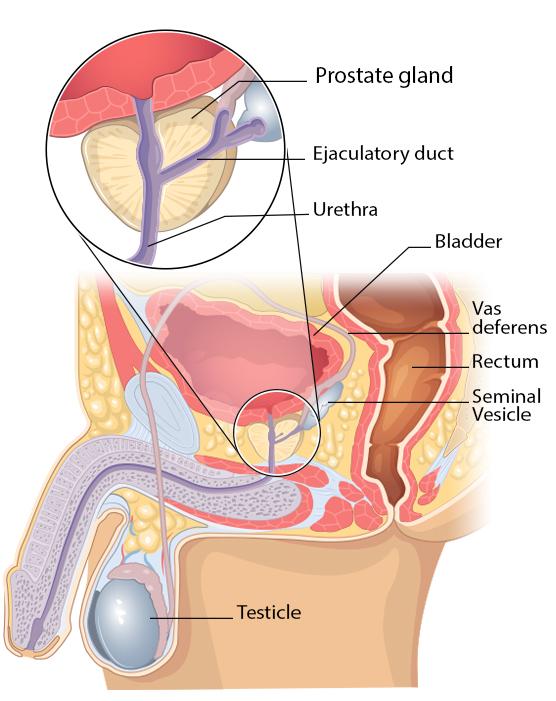Prostate cancer is a significant health concern for men, and understanding how to care for the prostate gland is crucial. While some prostate stimulation techniques are advocated for promoting prostate health, overstimulating the prostate gland in the presence of prostate cancer can have serious implications. In this blog, we'll explore the potential risks and consequences of overstimulating the prostate gland in the context of prostate cancer.
Understanding Prostate Cancer:
Prostate cancer is a condition characterized by the abnormal growth of cells in the prostate gland. It is one of the most common cancers in men and can vary widely in terms of aggressiveness and prognosis. When diagnosed with prostate cancer, it's essential to be mindful of activities that may exacerbate the condition or lead to complications.
The Risks of Overstimulation:
Increased Pain and Discomfort:
Overstimulating the prostate gland, whether through sexual activity, massage, or other means, can cause discomfort or pain, particularly if the cancer has spread beyond the prostate or if there are underlying complications such as inflammation or infection.
Aggravation of Symptoms:
Overstimulation of the prostate gland in the presence of prostate cancer can aggravate symptoms such as urinary difficulties, pelvic pain, and erectile dysfunction. It may also exacerbate the side effects of prostate cancer treatments, such as radiation therapy or surgery.
Risk of Disease Progression:
While there is limited scientific evidence to suggest a direct link between prostate stimulation and disease progression, excessive or aggressive stimulation may potentially promote the growth or spread of cancer cells. This risk is particularly concerning for aggressive forms of prostate cancer or in cases where the cancer has metastasized to other parts of the body.
Complications from Prostatitis:
Overstimulation of the prostate gland can increase the risk of prostatitis, an inflammation or infection of the prostate. Prostatitis can cause pelvic pain, urinary difficulties, fever, and flu-like symptoms. In the context of prostate cancer, prostatitis can complicate the management of the disease and worsen overall health outcomes.
Precautions and Recommendations:
Consult with Healthcare Providers:
If you have been diagnosed with prostate cancer, it's crucial to consult with your healthcare provider before engaging in activities that may affect the prostate gland. They can provide personalized recommendations based on your specific condition, treatment plan, and overall health status.
Practice Moderation:
If you choose to engage in prostate stimulation techniques, do so in moderation and be mindful of any discomfort or pain. Listen to your body and stop if you experience any adverse effects.
Focus on Overall Health:
Instead of focusing solely on prostate stimulation, prioritize overall health and well-being through regular exercise, a balanced diet, stress management, and adherence to prescribed treatments.
Conclusion:
While prostate stimulation techniques are often promoted for prostate health, it's essential to exercise caution, particularly in the presence of prostate cancer. Overstimulating the prostate gland in the context of prostate cancer can pose risks and complications, including increased pain, aggravation of symptoms, and potential disease progression. Consultation with healthcare providers and a focus on overall health are essential for managing prostate cancer and promoting optimal outcomes.

